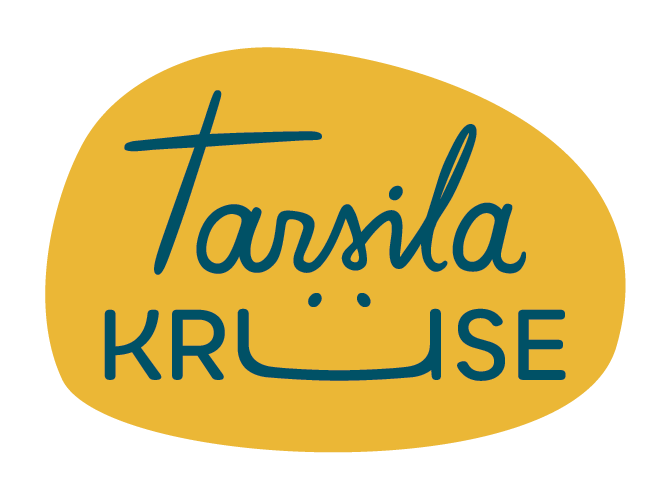Keeping up with good habits and letting go of bad ones is generic advice, but what good habits do professional illustrators or creative freelancers need? What allows us to have a business that is both sustainable and that can bring us returns?
Cultivating good habits is an intrinsic part of the work of freelance illustrators and creatives. These may include honing your craft, developing your skills, learning new things, tending to your clients, and the general upkeep of your business. I see this process very close to one of cultivating a garden, a creative garden of sorts.
A well-tended garden, much like a well-kept creative freelance business, needs constant attention and care in different areas. The seasonality of your work must be considered (when busy and slow months will require more or less work on your part), pruning what is interfering with your overall business intentions, cultivating the more fragile and experimental seedlings of ideas, and protecting and nourishing the blossoming fruits of your work. It is all about giving small and constant love and care to the different sides of your business.
I enjoy reading and talking about productivity and understand the importance of developing and maintaining good habits. I also believe that small incremental changes, done regularly, can drastically change specific outcomes. When I worked on the 100 Days of Dogs project, drawing a dog a day for 100 days, I saw my drawing skills grow exponentially, and it also connected me more deeply to other dog-loving people. The project eventually became a limited-edition book and a public exhibition. Both of these granted me opportunities I did not foresee.
Good habits are not extraordinary grandiose changes that happen occasionally, but tiny, frequent and somewhat devotional actions. These can support and aid organic growth and allow your garden, or creative practice, to change directions when and if you want to.
The Creative Garden must have solid and fertile ground, which means that you, the artist, needs to be nourished and rested physically and mentally. This creative foundation is not overridden with ideas from others, but your own.
You need to make sure you have the tools you need to keep your garden in great shape: Your planting tools to create your work (that which you use to make what you make), your maintenance tools to comply with what the creative garden needs (i.e. keeping track of your finances and tax obligations); and your guiding tools (i.e. marketing and client management strategy, including social media).
With these in hand, your can tend to your garden. It needs strong trees, which are your regular work. They protect from the elements, and you must nourish your relationship with them regularly even though there usually is more flexibility with these. You will be able to create incredible landscapes the more you grow together.
Shrubs, hedges, perennial plants and flowers are the smaller, more active projects that require more upkeep and provide you with medium to short-term returns. These can bloom or grow unexpectedly, and they are better to work on once you are on top of regular work.
And finally, you have seasonal plants that may bloom or become beautiful fruits, but you won’t know it until you have poured attention into them. These are your experimental and personal projects, ones you are doing just because they are exciting and not necessarily a guarantee of results. In the same way, you grow strawberries that may be sour, you invest in personal projects that perhaps can reap the sweetest opportunities.
Your creative business, just like a garden, is an ever-shifting affair. Things don't need to be done all at the same time. Today perhaps your foundation needs watering, and the trees some pruning. Tomorrow you can add some creative fertiliser into personal projects or move around others so you can have a break in the upcoming busy season.
Give your foundation love, keep your tools sharp and let your garden blossom, in its own way.
Tarsila Krüse




